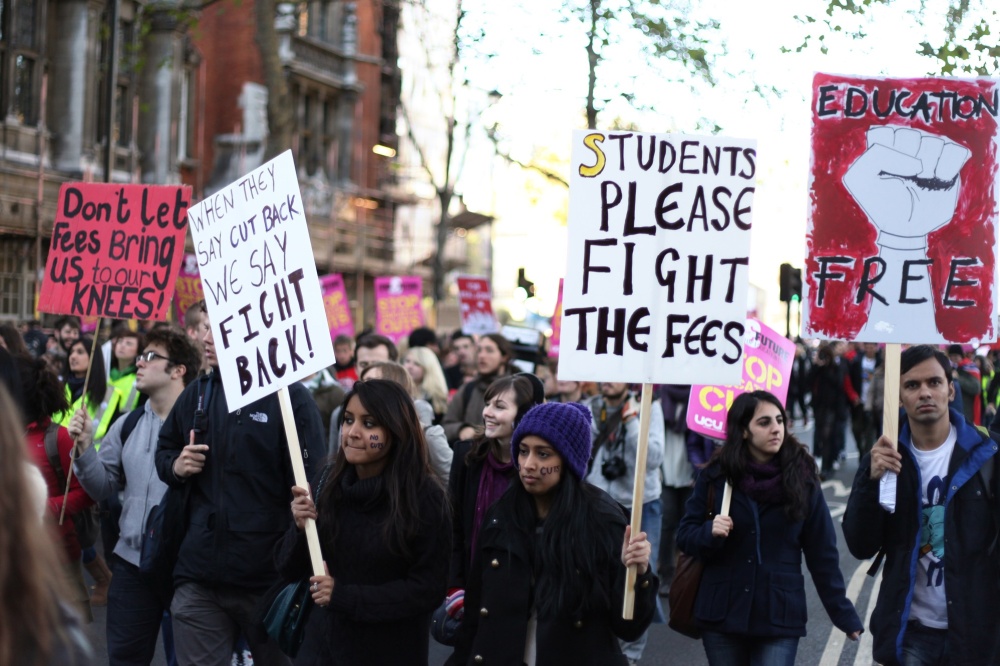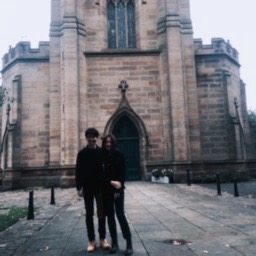Collective action refers to organizing a group of people with a common goal to take an action together. Today, social media has been regarded as a useful platform and tool for achieving collective actions such as protest and dissidents. The use of social media facilitates the progress of collective actions, at the same time makes both positive and negative effects on digital societies.

Organizing and carrying out an collection action through social media is efficient and low organizing cost needed. Social media namely facebook page allows rapid diffusion of collective action information and gathering public quickly. Olson (1965) states that since all collective members can benefit from the result of action, including those who do not pay much effort in the event, most individuals prefer to be less engaged in the action, and obtain the public good. To tackle this kind of dilemma, social media has exerted great advantage in making the participation easier. For instance, collecting signatures on facebook page is a common action online that enables the public to get involved by simply click of a button. This largely enhances the mobilization of participants.
Conversely, collective actions on social media not always bring positive influences. The speech online may stimulate the activists and cause some aggressive behaviors more easily. In 2010, around 50,000 student attended the protests on government’s decision to raise the tuition fee for UK students. According to The Guardian report (2010), “Protesters smashed windows and waved anarchist flags from the roof of the building housing the Conservative party headquarters as the fringe of a vast rally against university funding cuts turned violent”. This seriously destroy the social as well as digital environment.

In conclusion, using social media for collective action promotes the development of digital societies since social media is playing an instrumental role in aggregation of collective actions and improves the movement of action. However, it is possible to trigger aggressive behaviors which causes negative effect on digital societies.
References:
Olson, M., (1971). The Logic of Collective Action: Public Goods and the Theory of Groups, Second printing with new preface and appendix [online]. Harvard University Press. [Viewed 01 January 1971]. Available from: http://www.citeulike.org/group/656/article/753152
Paul, L., (2010). Student protest over fees turns violent. The Guardian [online]. [Viewed 10 November 2010]. Available from: https://www.theguardian.com/education/2010/nov/10/student-protest-fees-violent
